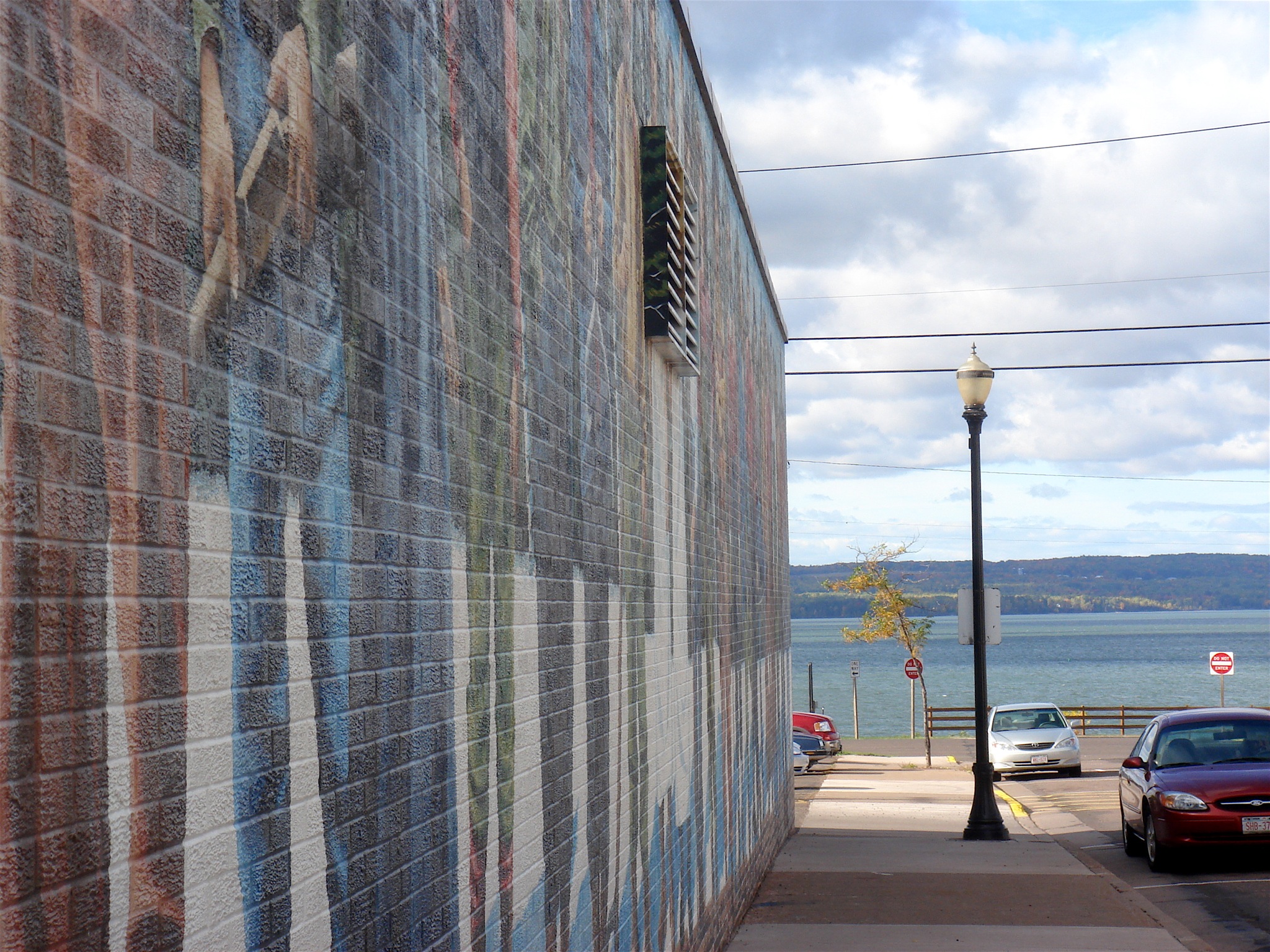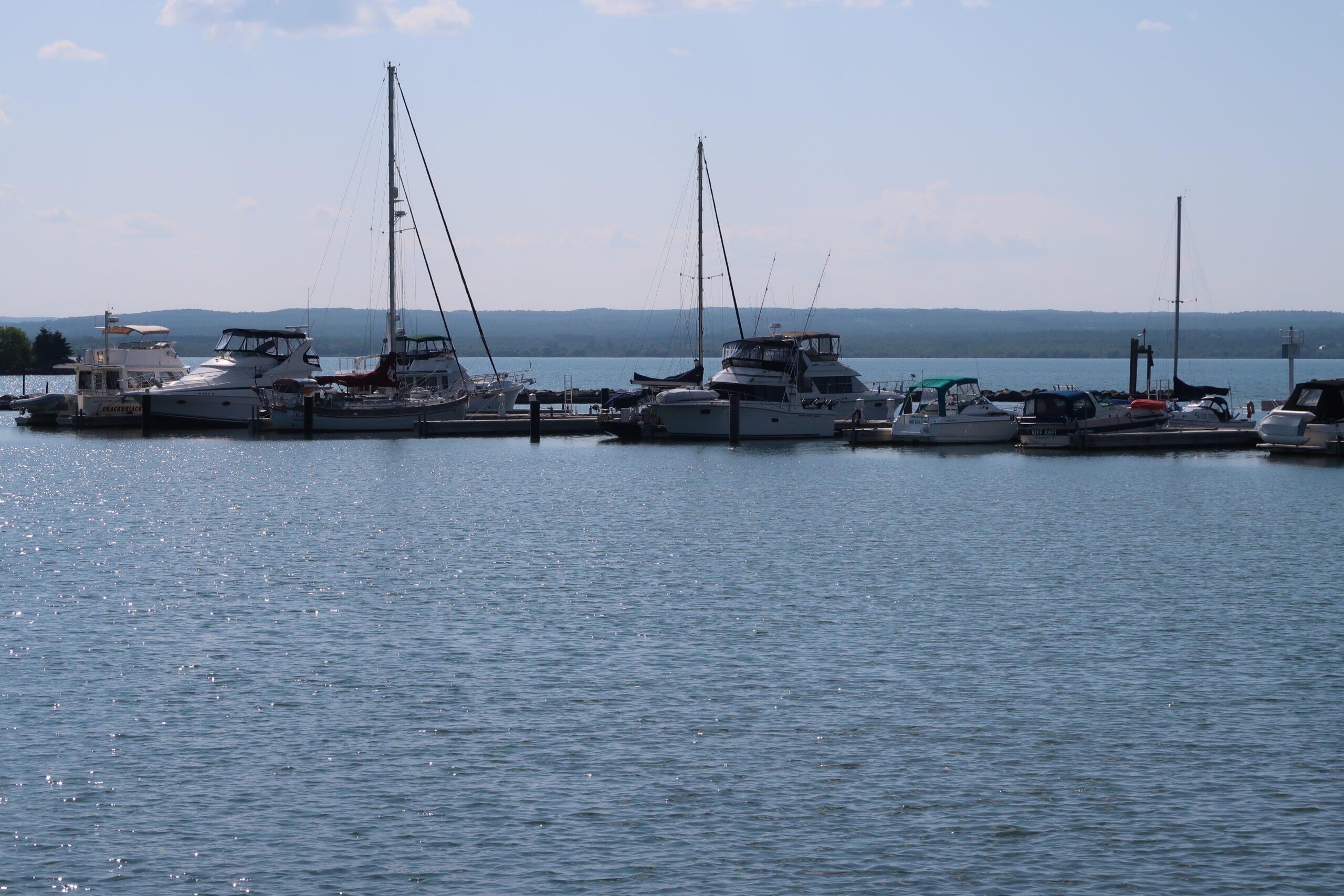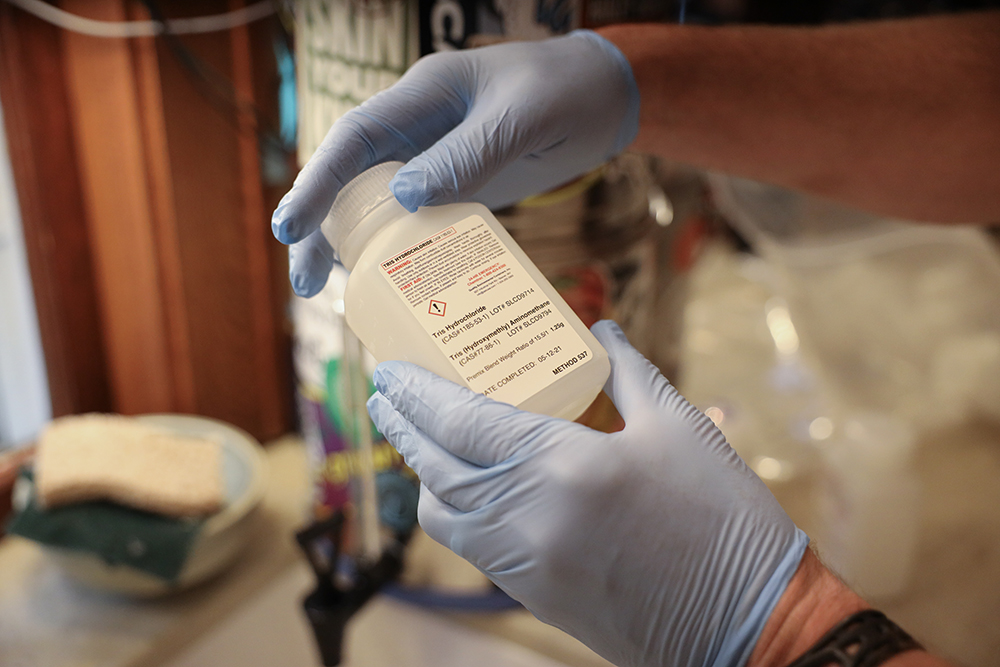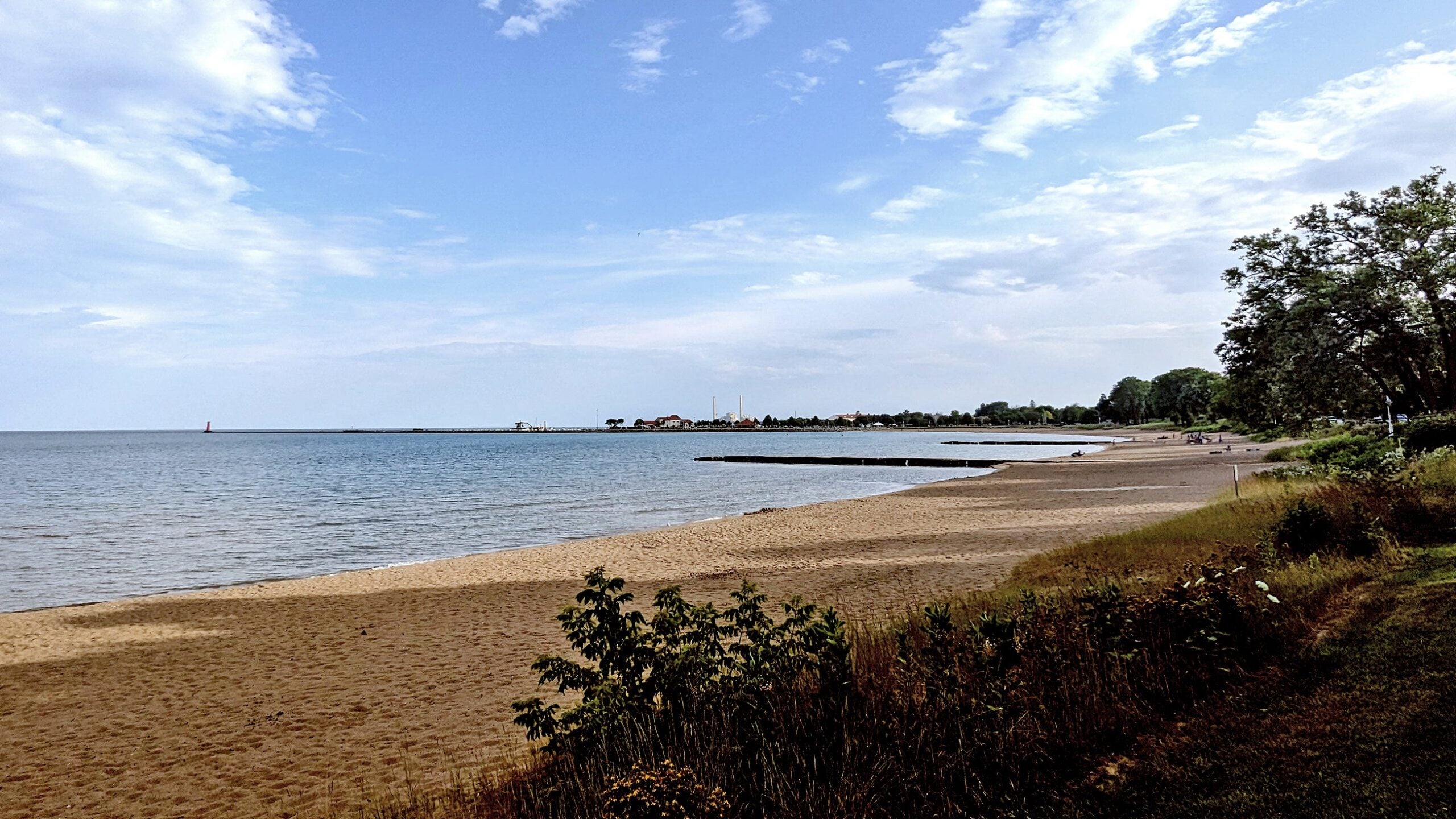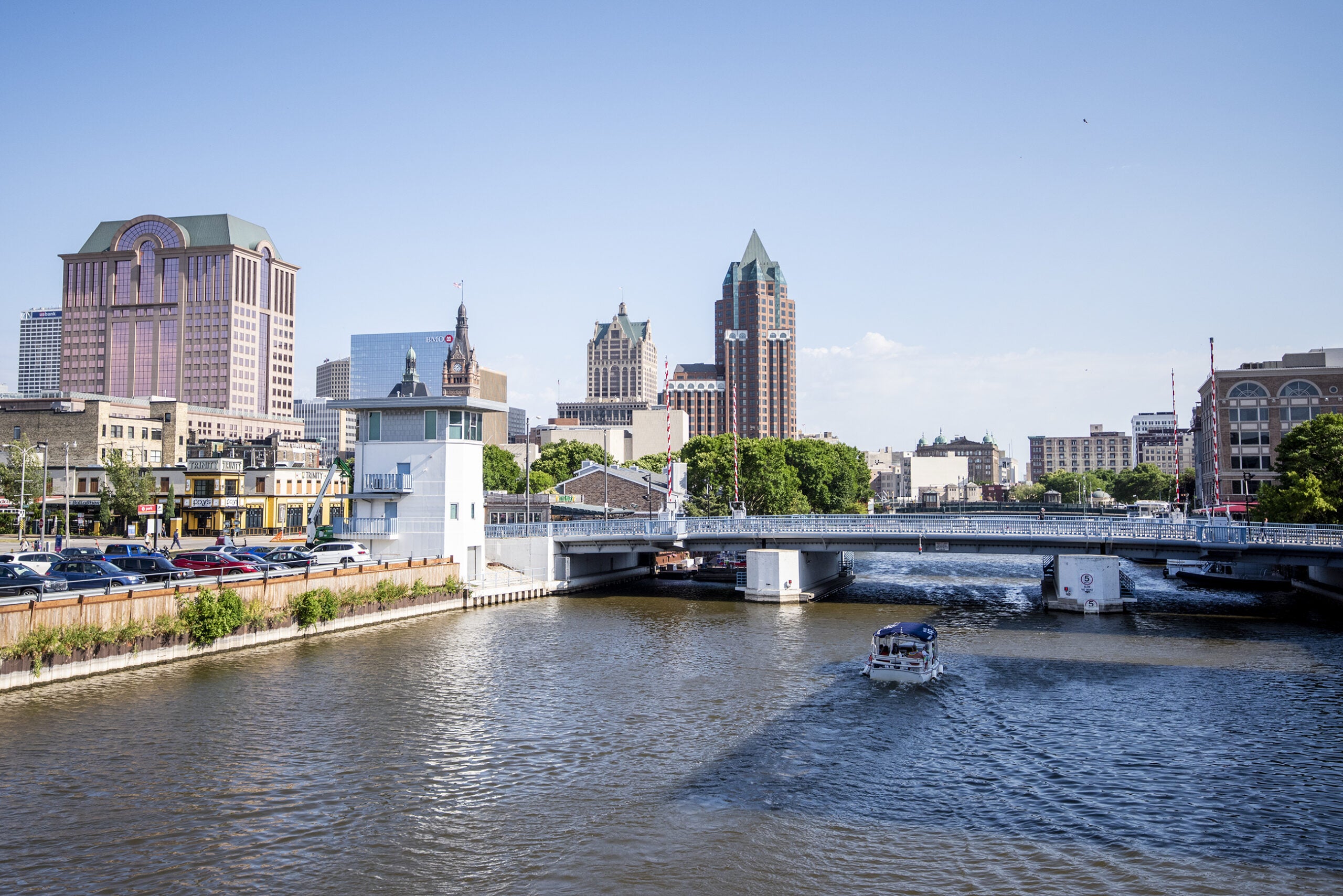The city of Ashland has received around $450,000 in state awards to clean up contaminated sites near the shores of Lake Superior.
Efforts to clean up contamination on Ashland’s waterfront have been looming over the city for more than two decades. Ashland Mayor Deb Lewis said they’ve also been trying to clean up an old railroad and construction site.
“And, unfortunately, that too was in need of remediation, and Ashland County is one of the poorest counties in the state,” she said.
Stay informed on the latest news
Sign up for WPR’s email newsletter.
Christine Haag, chief of the Wisconsin Department of Natural Resources’ Brownfield Section, said state programs have helped fund cleanup of many industrial sites statewide.
“It’s the ones that need a little bit more assistance or need a bigger strategy that are remaining,” Haag said.
One of the difficulties with cleaning up such sites is that some were formerly owned by companies that no longer exist or have gone out of business, Haag said.
“Where it will require a partnership to conduct a cleanup and get a site back to productive use,” said Haag.
A University of Wisconsin-Whitewater study released late last year found the state has spent around $121.5 million on investigation, cleanup or redevelopment of so-called brownfield sites: abandoned industrial or commercial sites that have difficulty with redevelopment due to contamination or the perception of contamination there.
While the state spent millions on brownfield sites, the study also found the state gained around $1.77 billion in revenues from business development of abandoned sites that had been remediated.
“At times, projects that boost economic development and benefit the environment need a relatively modest amount to get them kickstarted,” said DNR Secretary Cathy Stepp when announcing the awards last week in Ashland.
According to the study, which was produced by UW-Whitewater’s Fiscal and Economic Research Center, state programs have helped assess or clean up more than 700 sites across Wisconsin, totaling roughly 4,700 acres of contaminated land.
Wisconsin Public Radio, © Copyright 2024, Board of Regents of the University of Wisconsin System and Wisconsin Educational Communications Board.

